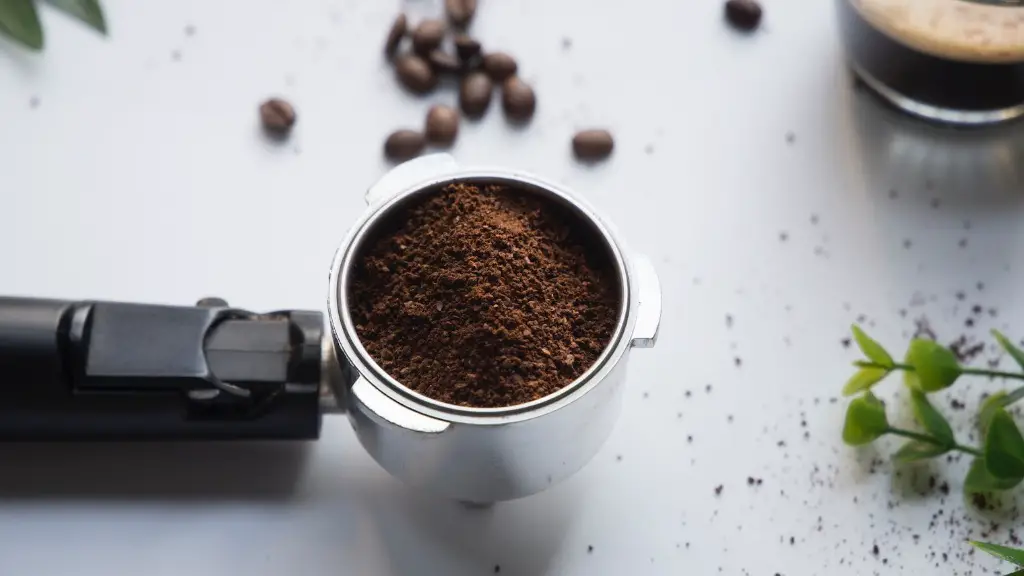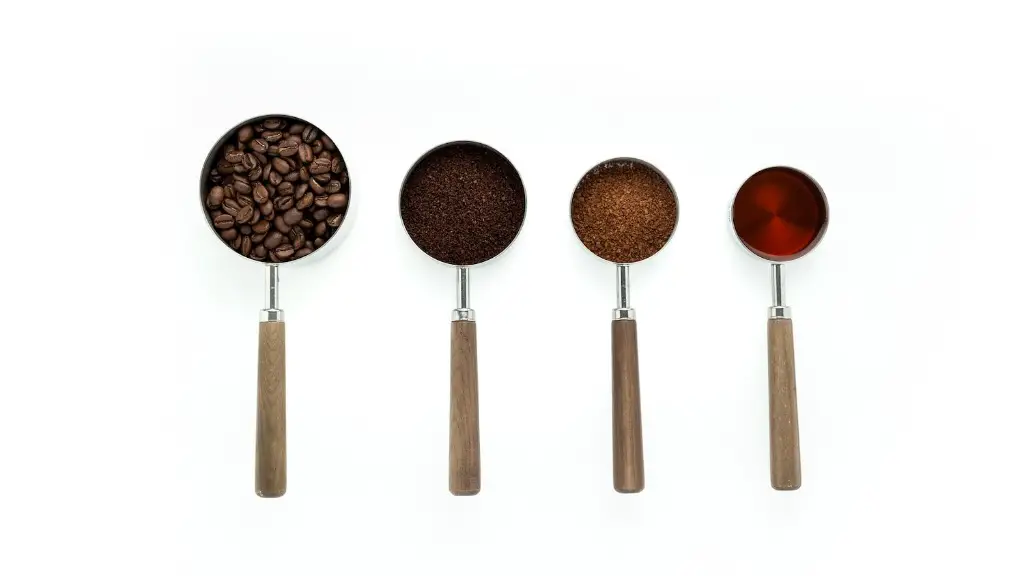Introduction
Both coffee and energy drinks are widely available beverages that many of us consume daily. They both contain stimulants such as caffeine, which can provide a jolt of energy, but how do they compare in terms of health, nutrition, benefits and drawbacks?
Coffee and energy drinks have been the subject of extensive research and studies. Recently, health concerns have been raised due to the high levels of sugar, caffeine, and artificial stimulants found in some energy drinks. As such, it’s important to understand the potential differences between the two, and how they can affect us.
Caffeine Content
One of the primary differences between coffee and energy drinks is the amount of caffeine they contain. Coffee contains significantly more caffeine, typically ranging from 95 to 200 milligrams (mg) per 8-ounce (240-ml) cup.
In comparison, energy drinks generally contain anywhere from 25 to 50 mg of caffeine per 8-ounce (240-ml) can. It’s important to note that some energy drinks may contain much higher amounts of caffeine, up to 300 mg per can.
It’s important to note that excessive caffeine consumption can have adverse effects, including increased heart rate, headaches, restlessness and insomnia. Coffee also contains other stimulants, such as theobromine.
Nutritional Content
When it comes to nutrients, coffee is significantly more nutrient-dense than energy drinks. An 8-ounce cup of coffee contains approximately 11% of the Recommended Daily Intake (RDI) of riboflavin (vitamin B2), 6% of the RDI of pantothenic acid (vitamin B5) and small amounts of other essential nutrients.
In comparison, most energy drinks contain minimal amounts of vitamins, minerals or micronutrients, with the exception of a few fortified with vitamins. Many energy drinks contain high amounts of added sugar, which can contribute to increased calorie intake.
Benefits
Coffee and energy drinks each have the potential to provide health benefits in moderation. Caffeine from either source can improve alertness and concentration, which can be beneficial for athletes, workers, students and other individuals who need to stay focused and alert.
However, it’s important to note that the potential benefits of coffee may exceed those of energy drinks. Studies have also shown that moderate coffee, but not energy drink, consumption may reduce the risk of certain conditions, such as type 2 diabetes, Parkinson’s disease and some types of cancer.
These potential benefits have been attributed to the unique combination of caffeine and other antioxidants that are found in coffee.
Drawbacks
Both coffee and energy drinks have some drawbacks when consumed in excess. Caffeine from either source can cause jitters, anxiety, restlessness and dehydration. Energy drinks may also contain high amounts of sugar, which can contribute to weight gain and an increased risk of diabetes.
Additionally, energy drinks containing high amounts of caffeine may pose health risks, such as heart problems or an increased risk of stroke. Excess energy drink consumption may also increase your risk of developing an addiction to the caffeine or other stimulants found in the drinks.
Expert Opinions
Most experts agree that coffee is the healthier option. According to a review of studies published in 2018, moderate coffee consumption may reduce the risk of several chronic diseases. On the other hand, the review found no clear evidence of health benefits associated with energy drinks.
Other experts have expressed concerns about the potential health risks associated with energy drinks. A 2018 review of studies found that excessive consumption of energy drinks may increase the risk of cardiovascular disorders and metabolic diseases.
In light of these findings, most experts recommend limiting your consumption of energy drinks and avoiding drinking more than one per day.
My Own Insights and Analysis
From my personal experience and observations, I believe coffee is the better option for health and nutrition. Furthermore, the potential benefits of coffee appear to far outweigh those of energy drinks — at least when consumed in moderation.
I recommend limiting your consumption of energy drinks to one per day and consuming coffee in moderation. Coffee can provide a boost of energy without the added sugar and potential health risks associated with energy drinks.
Lastly, it’s important to consult your doctor before making any dramatic changes to your caffeine consumption.
Coffee and Sleep Quality
Studies have shown that consuming caffeine close to bedtime can interfere with sleep quality and duration, as caffeine can take several hours to metabolize. Caffeine can also increase the amount of time it takes you to fall asleep.
For this reason, experts recommend avoiding caffeine for at least six hours before bedtime. Coffee should also be consumed in moderation throughout the day to avoid disrupting your sleep.
Alternatives to Energy Drinks
If you’re looking for a healthier alternative to energy drinks, there are several options. Green tea, black tea and herbal teas may provide a boost of energy, but contain much less caffeine than coffee or energy drinks.
Alternatively, there are also several caffeine-free drinks, such as water, flavored sparkling waters and vegetable juice, that can provide hydration and a refreshing pick-me-up.
Environmental Effects
It’s important to note that coffee and energy drinks can also have an impact on the environment. Some energy drinks are packaged in high-waste aluminum cans, which may contribute to pollution.
By contrast, coffee is typically sold in recyclable paper or plastic bags. If you’re looking for a more sustainable option, consider buying coffee beans and grinding them yourself. You can also purchase energy drinks in recyclable aluminum cans if available.
Pressure to Perform
Excessive consumption of coffee or energy drinks may also contribute to an unhealthy pressure to perform. High levels of caffeine can create the illusion of increased productivity, though the resulting emotional exhaustion may cause burnout in the long run.
Additionally, some people may use caffeine as a crutch to stay productive in the short-term, leading to a cycle of dependence on the substance. It’s important to remember that working smarter, not harder, will ultimately lead to greater levels of productivity and better job satisfaction in the long run.





